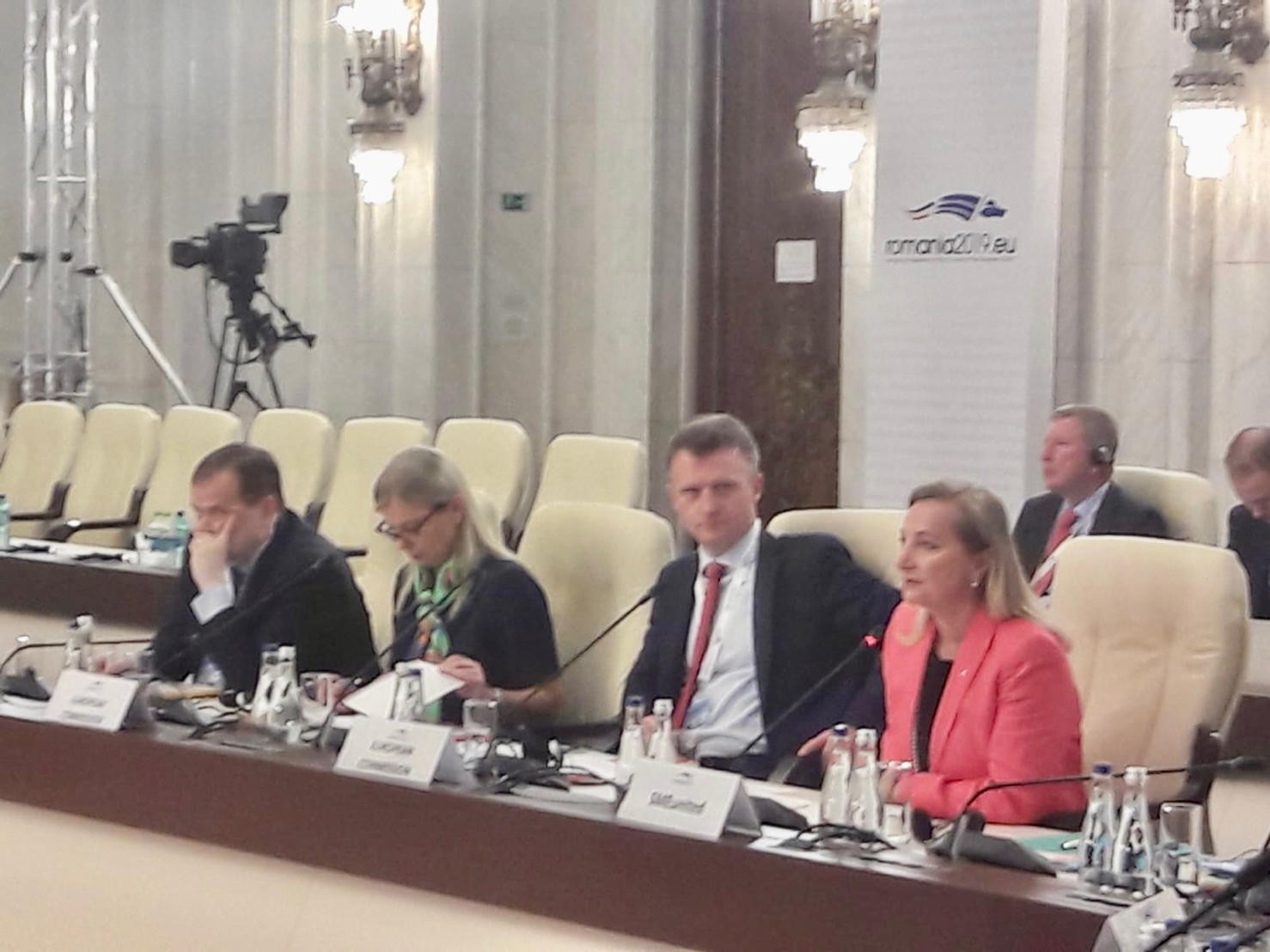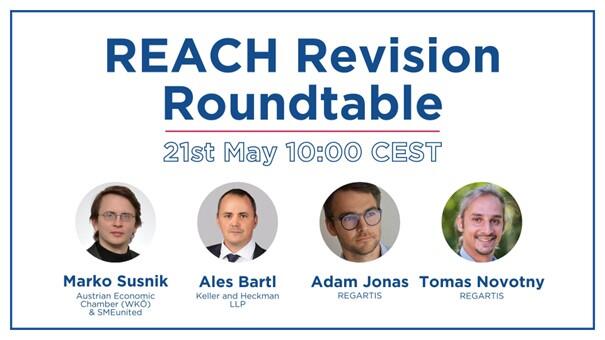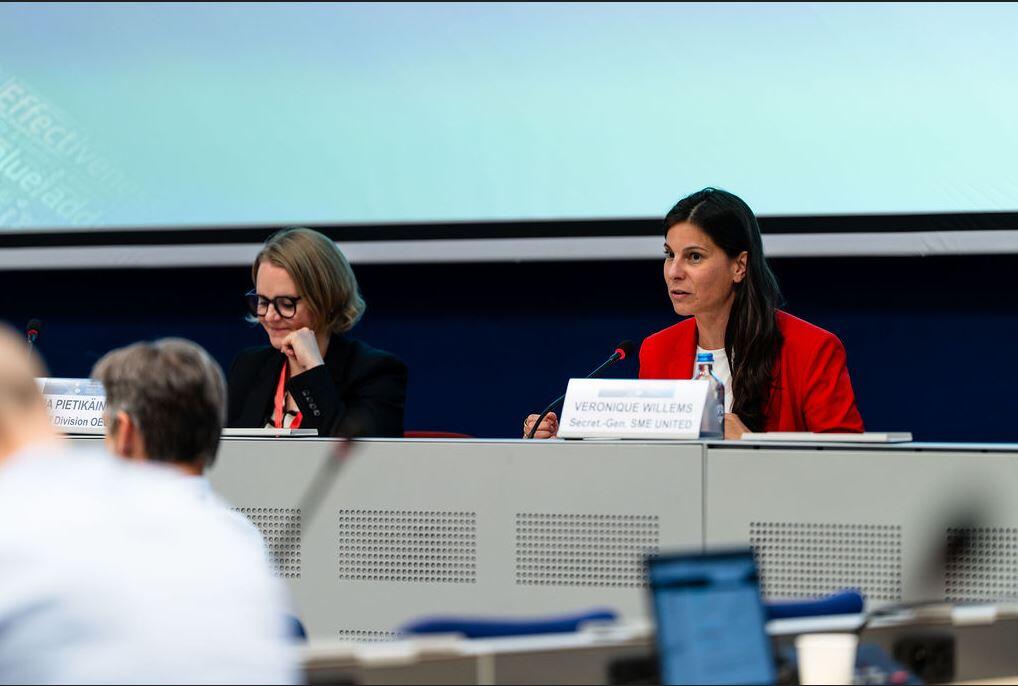
At the Informal Competitiveness Council in Bucharest, gathering the European ministers for Internal Market and Industry, President Ulrike Rabmer-Koller emphasised that a long-term SME strategy with a vision for 2030 and an action plan including concrete measures, timing for implementation and monitoring have to be part of next EU Strategic Agenda. SMEs are the backbone of the economy and they ensure day-to-day needs as well as innovation in cities and rural areas alike. They are the basis for competitiveness, growth, jobs and welfare of Europe. Therefore, she called to move from the ‘Think Small First’ principle to the ‘Act Small First’ principle and allow SMEs to thrive and ensure a prosperous future for the EU.
The European Single Market is one of the greatest achievements of the European integration process. Millions of businesses and consumers are benefitting on a daily basis from its “four freedoms” in the largest economy in the world. However, the Single Market has been built over several decades, and there is still room for improvement. The fragmentation reflected by different rules, non-harmonised standards or gold plating at national level, and deficits as regards enforcement are often in contradiction to real integration. That is why SMEunited calls for focus on a timely and correct transposition and enforcement while carefully considering and examining the combined impact of several regulations on businesses.




